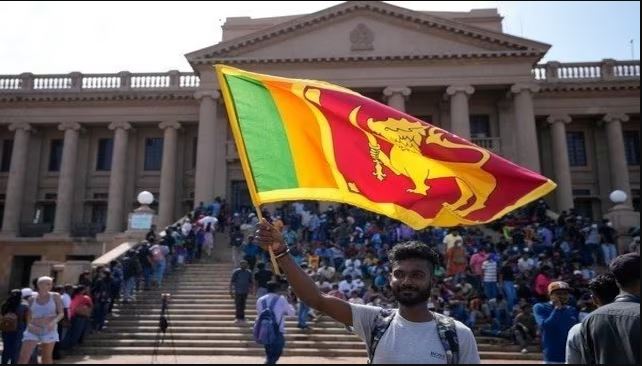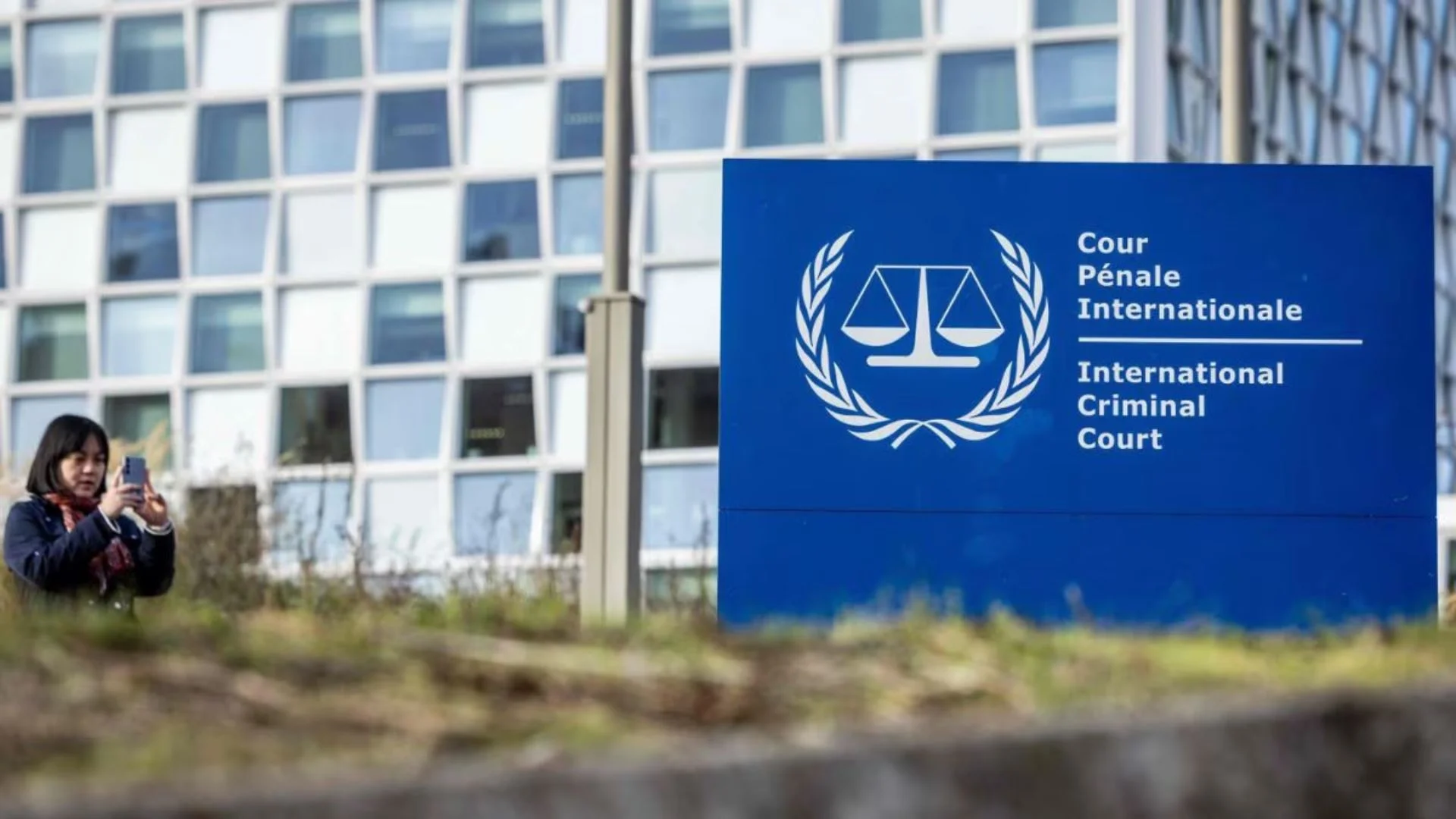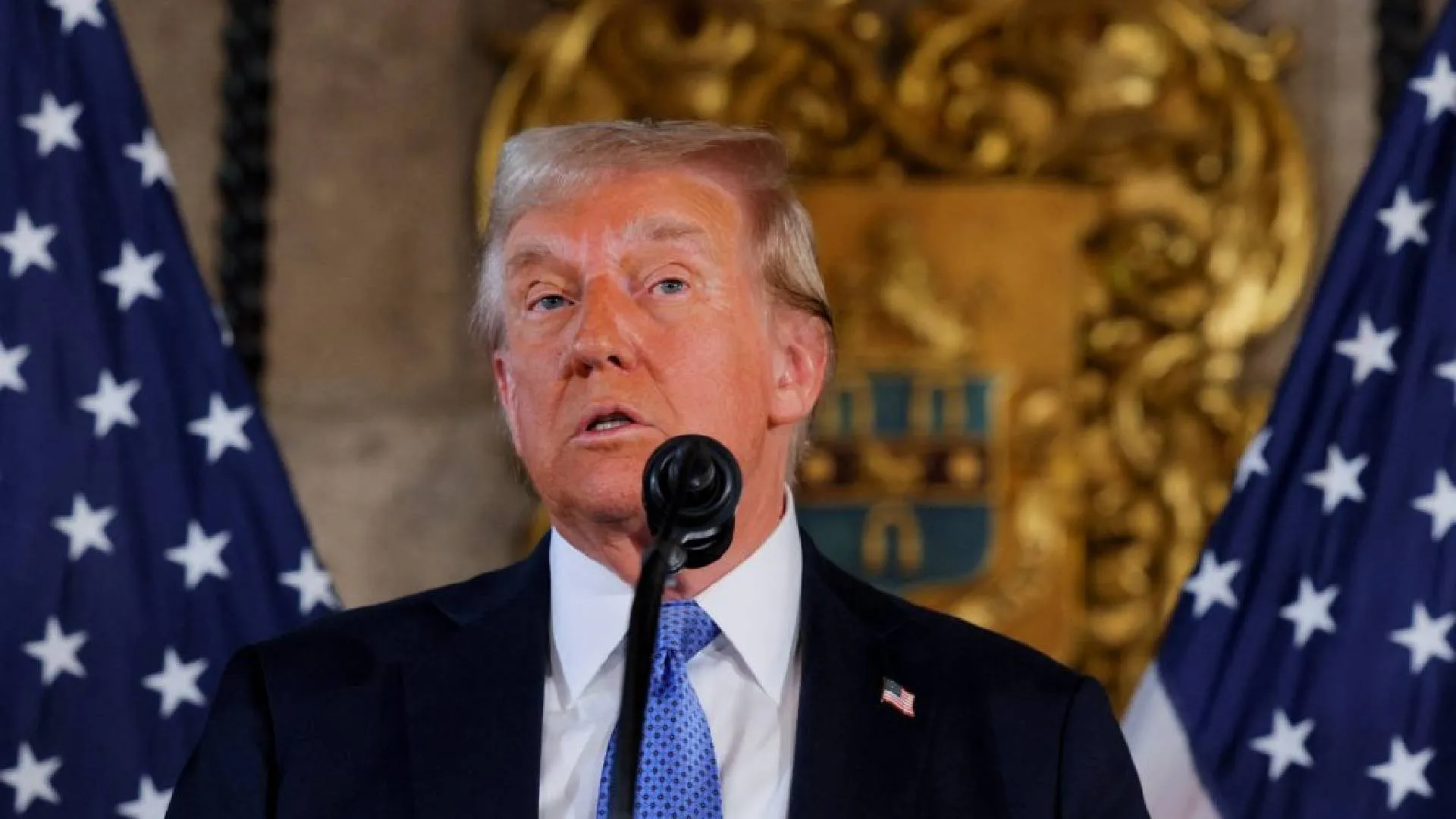Sri Lanka’s Justice Minister Wijeyadasa Rajapakshe on Thursday announced that the tabling of the new anti-terrorism bill that would replace a draconian counter-terrorism law in parliament would be delayed further, a day after a powerful body of lawyers said it would not hesitate to challenge any legislation that would undermine the rule of law and the liberty of the citizens.
The new Anti-Terrorism Act (ATA) will replace the much-maligned Prevention of Terrorism Act (PTA) of 1979. On April 1, Prime Minister Dinesh Gunawardena told reporters that the new counter-terrorism law would be introduced later this month. However, the justice minister on Thursday said the bill would be delayed to either late April or early May.
Sri Lanka is replacing the PTA with a new legislation called the Anti-Terrorism Act (ATA) after the former law was roundly condemned for its draconian nature, where people were allowed to be detained without being charged for indefinite periods of time.
Sri Lanka faced international calls to repeal the PTA, which was enacted in 1979 as a temporary measure to counter the rising Tamil separatist militancy. President Ranil Wickremesinghe earlier said that the new ATA would be presented by June. Today’s announcement came as the lawyers’ body, the Bar Association of Sri Lanka, on Wednesday asked for delaying its presentation, claiming there had been no consultation of stakeholders in preparing the draft bill. On March 17, the new Anti-Terrorism Act (ATA) of 97 pages was published in the government gazette.
The opposition and civil society groups objected to the new ATA, saying it targets the civil society protests that took place mid-last year over the then government’s failure to handle the ongoing economic crisis.
Since 2016, the European Union has been urging the government to repeal the PTA and bring in new counter-terrorism legislation in line with international standards. The EU has linked its GSP+ export tariff concessions to Sri Lanka’s modification of its counter-terrorism act.
The main opposition leader, Sajith Premadasa, had slammed the bill as “undemocratic and authoritarian”. The opposition and rights groups fear that anyone expressing democratic opposition to the government could be targeted using the ATA. Meanwhile, the Human Rights Commission of Sri Lanka (HRCSL) has also urged the government to reconsider the definition of terrorism mentioned in the Anti-Terrorism Bill and recommend specific amendments to clarify and narrow the acts falling within the definition.

















